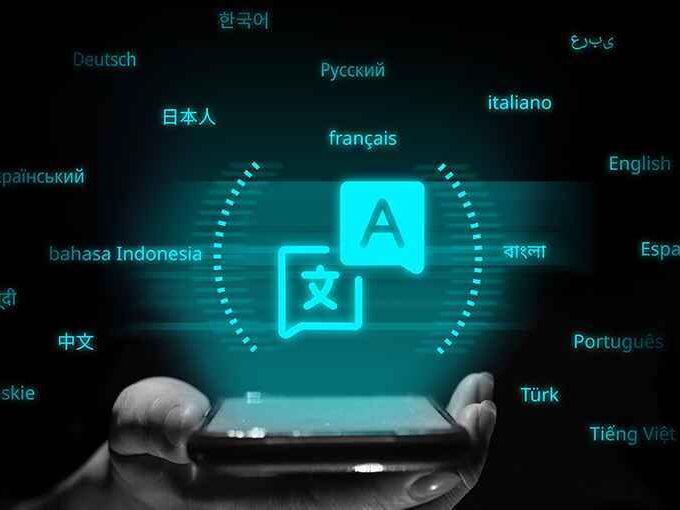In today’s fast-paced business landscape, employee development and performance improvement are critical for organizational success. However, according to statistics, only about one-third of employees are satisfied with the training they get that is immediately tied to their everyday work.
Human resources (HR) teams play a vital role in fostering growth and supporting employees in reaching their full potential. With the advancements in artificial intelligence (AI), HR teams now have access to AI-based coaching tools that can revolutionize their coaching processes.
In this post, we’ll explore five key considerations that HR teams should keep in mind when implementing AI-based coaching programs.
Understanding AI-Based Coaching
AI-based coaching harnesses the power of artificial intelligence to enhance the coaching experience. Unlike traditional coaching methods, AI coaching leverages algorithms and data analytics to provide personalized insights, feedback, and guidance to employees. This technology enables HR teams to offer scalable and tailored coaching solutions, leading to improved employee performance and development.
Also read: Top 6 AI Software for Human Resource Management
Defining Coaching Objectives
Defining coaching objectives is a crucial step to take before the implementation of AI-based coaching. The objectives should be carefully aligned with the organization’s larger goals and the specific needs of individual employees. By establishing clear and specific goals, HR teams can track progress and assess the impact of AI-based coaching on employee performance.
Leveraging AI tools, such as data tracking and analysis, can provide valuable insights that support the achievement of coaching objectives. With this approach, HR teams can ensure that their AI-based coaching initiatives are targeted, measurable, and effective in driving employee growth and development.
Data Privacy and Security
When incorporating AI-based coaching, HR teams must prioritize data privacy and security as a part of this transformative technology. Safeguarding employee data and maintaining confidentiality throughout the coaching process is of utmost importance.
HR teams must establish robust protocols and guidelines to protect personal information, ensuring strict compliance with data protection regulations. By making data privacy and security a top priority, HR teams can instill trust among employees and create a safe environment conducive to coaching. This commitment to safeguarding sensitive data fosters a culture of transparency and reinforces the organization’s dedication to upholding ethical standards in the use of AI-based coaching tools.
Ethical Use of AI
Ethics plays a crucial role in AI-based coaching, and HR teams must prioritize it. Transparency and fairness are key principles that HR teams should uphold when employing algorithms and decision-making processes in AI coaching. It’s essential to ensure that AI systems are free from biases and discrimination.
Establishing guidelines for responsible AI use becomes imperative, and continuous monitoring should be in place to detect and address any potential biases or ethical concerns that may emerge. HR teams should actively work towards creating an environment where AI fosters inclusivity and provides equal opportunities for all.
By adhering to ethical considerations, HR teams can harness the true potential of AI-based coaching while maintaining fairness and promoting a positive coaching experience for employees.
Employee Acceptance and Engagement
Employee acceptance and engagement are crucial considerations when implementing AI-based coaching. Introducing this technology may trigger concerns and resistance among employees. To overcome these challenges, HR teams must proactively address any fears by effectively communicating the advantages of AI coaching.
It’s important for employees to understand that AI tools are meant to complement and improve the coaching process, rather than replace human interaction. HR teams should involve employees in the decision-making process, encouraging their participation and providing necessary support to ensure their engagement throughout the coaching journey. By fostering open communication and creating a supportive environment, HR teams can alleviate employee concerns and maximize the benefits of AI-based coaching.
Also read: 6 Reasons to Use Development and Collaboration Software
Human-AI Collaboration
When implementing AI-based coaching, achieving maximum effectiveness requires HR teams to find the perfect balance between human and AI collaboration. It’s crucial to view AI as a tool that enhances and supplements human coaching capabilities, rather than replacing human interaction altogether. By leveraging the strengths of both AI and human expertise, HR teams can create a comprehensive coaching experience that seamlessly integrates data-driven insights with empathy and a personal touch.
The key lies in fostering a collaborative environment where AI systems and HR professionals work hand in hand. Such collaboration ensures that employee development receives the best possible outcomes, as it combines the analytical power of AI with the human element that brings understanding, compassion, and adaptability to the coaching process.
Final Thoughts
AI-based coaching holds immense potential for HR teams to transform their coaching programs and drive employee growth and development. By leveraging AI as a supportive tool and ensuring human-AI collaboration, HR teams can unlock the full potential of their coaching efforts, leading to improved performance, enhanced employee satisfaction, and a thriving organizational culture. Embrace the power of AI-based coaching and revolutionize your HR practices for the better.










Leave a comment